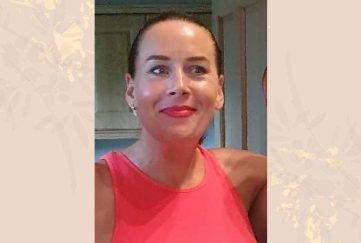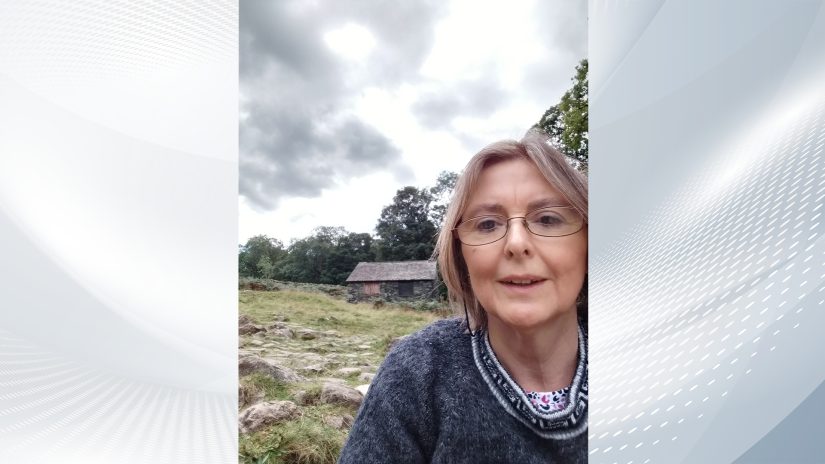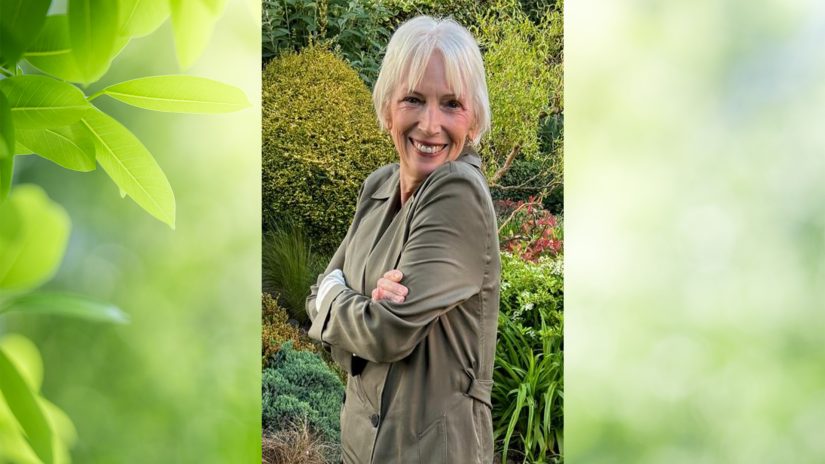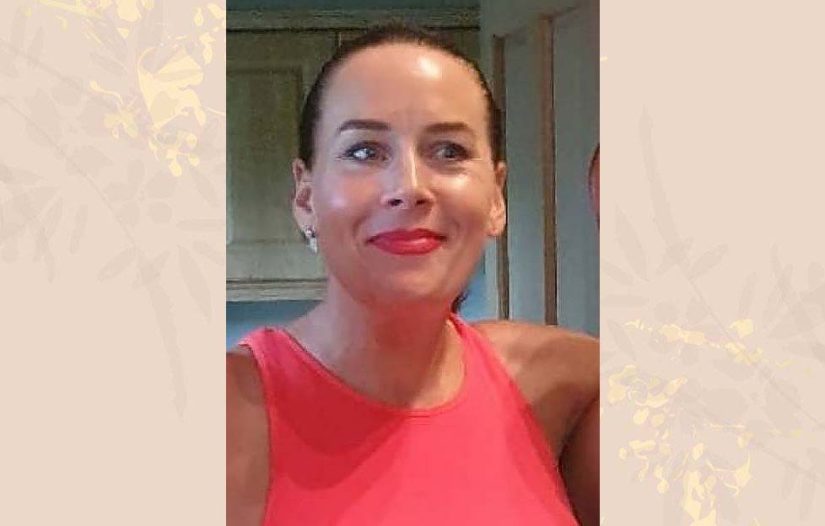Writer Of The Week: Claire Heathcote
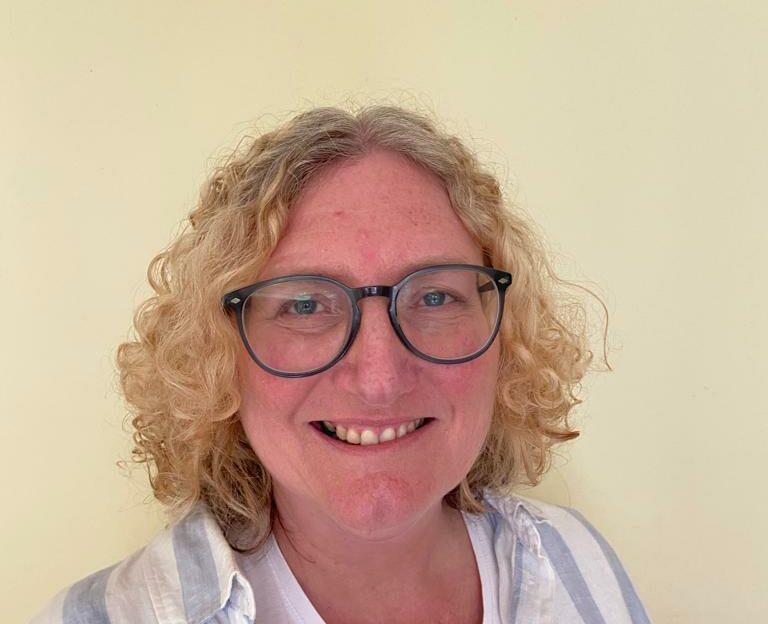
Our Writer Of The Week is Claire Heathcote. Claire’s story, “Just Dance”, appears in Special 227, which is on sale now.
Dancing features in your story. Are you a dancer, or a fan of dancing?
One of my strongest early memories is wiggling along to the “Birdie song” with my granny. Mary was a regular at local tea dances and enjoyed a spin on the dance floor at the Tower Ballroom in Blackpool. She introduced me to the original “Come Dancing” on TV, and spoke enthusiastically about the delights of the “Las Vegas of the North.”
I remember her talking with great affection about the “Summer Spectaculars” at the seaside resort. Her stories about the extravagant dance routines performed at these shows inspired the theme of “Just Dance”.
As a shy youngster, dance became a way of expressing myself and letting go. I spent hours dancing to the “Top 40” in my bedroom. It took me until the age of 30 to pluck up the courage to join a samba class at the Northern School of Contemporary Dance in Leeds.
Growing in confidence, if not in ability, I have attempted lots of different styles over the years; most recently, African Caribbean dance. Whilst my hips were rhythmically challenged, the joyful experience made me even more determined to “keep dancing!”
It’s a feel-good, nostalgic tale. Did you have this in mind when writing the story, especially in relation to the “Friend” readers?
Yes, I’m a fan of stories that cause readers to connect with their memories of a particular place and time. I hoped that “Friend” readers would remember the “Seaside Spectaculars” that were such a popular feature of summer in the UK. Perhaps readers recall going to the end-of-the-pier shows to watch breath-taking dance shows, entertained by the biggest names in showbiz of the day, like Bruce Forsyth.
It was hugely enjoyable to write something upbeat. So many published stories feature depressing topics or events. There is definitely room for more positive, feel-good stories. It is harder, I think, to write lengthy “feel-good” stories in a way that keeps the reader interested throughout. A challenge I would like to take on, though.
Your first story acceptance with the “The People’s Friend”. Was this your first story attempt with us, and do you plan on writing more for the magazine?
To my surprise and delight, “Just Dance” was my first story acceptance with the magazine. After such a positive result, I have definitely gained confidence to submit further work to the “Friend”.
As I enjoy writing historical and nostalgic fiction, I think it would be fun to write a series for the magazine and make use of the space to develop characters and plotlines further.
What’s your favourite and worst thing about writing?
My favourite part is getting started. I love it when I get an idea for a story and begin researching aspects of life for a particular place and period in time. I try to visit the location where the story is set if possible, to be inspired by features in that environment – especially the buildings. I do lots of internet research on things: common names, typical jobs, clothing styles and how people enjoyed themselves; pretty much everything!
My least favourite part is using the correct grammar and punctuation. I am a child of the 1970s, when learning about sentence structure and language rules was seen as unfashionable. A time when a lesson on the correct use of the apostrophe was given as a punishment.
Which genres do you like to read and write about?
I read widely and I’m prepared to give most genres a go. I devour books where you can become completely immersed in another culture or era. My natural inclination towards research seems to have led me, so far, to write largely in the historical genre.
I am trying to challenge myself and, as I also enjoy reading satire, I would like to explore writing that genre. Also, to produce stories that would work well on other mediums, such as radio or television.
Notebook and pencil or laptop? Kitchen table or study? Blank wall or inspiring view?
All of the above! I tend to jot ideas down in a notebook initially. Then, if I manage to convince myself that they are worth developing, I commit to them by typing them up and saving them on my laptop.
I can work anywhere, if the words are flowing. I have become very adept at screening out noise. I think this is because I started writing when my children were young, so I had to take any opportunity that presented itself. Sometimes that was at the local swimming pool, with the sounds of excited children splashing around in the background. Other times, it was on the kitchen table, while they took a nap.
That said, I think particular locations can bring to mind certain characters and stimulate different plot lines. Therefore, I do like to get out and about for inspiration.
What’s your one top tip for aspiring writers?
It does sound clichéd, but it’s probably to write from your heart. Or to put in a more concrete way, think about why you are writing the story and who is going to read it. Try to write about an event, person, place, or even some object that you care about and that has significance to you.
If you don’t really care about the focus or theme of the story, or can’t envision life for the characters in it, then you probably can’t expect a reader to either. On the flip side, that means you are always the best person to write what you know about.




